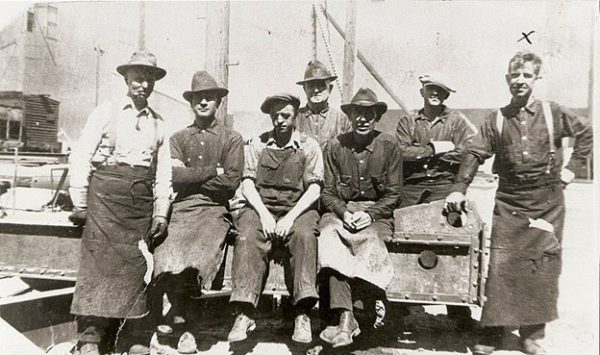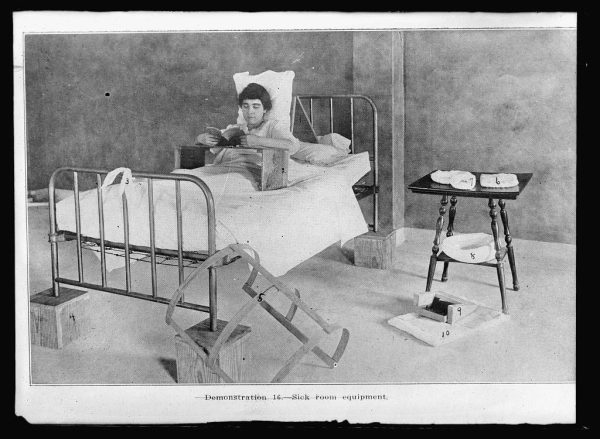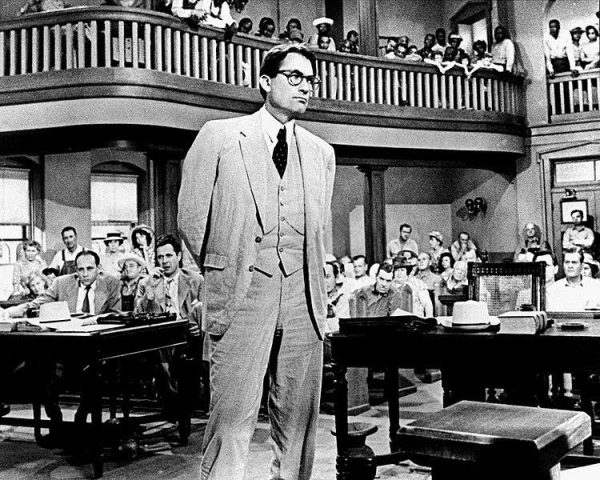Blog

HANDBOOK HELPER EPISODE 40
Military Leave Policy Job Security for Up to Five Years
California and federal law direct employers of any size to provide leave to a worker called up to the reserves or National Guard and to hire the person back for up to five years of such ensuing service.

CAUTIONARY TALE EPISODE 80
Age Claims Never Grow Old
San Diego Employer Steps in It
North Star Gas Ltd. (NSG) has settled a California Civil Rights Department (CRD) age discrimination claim, with $37,000 paid to the fired truck driver.
The CRD alleged a NSG manager justified a cut in the actively driving worker’s assignments because he was “too old” and “retired.” NSG reportedly then fired the worker for his age (40 or over) in violation of the California Fair Housing and Employment Act.
NSG has also agreed to issue and distribute policy to detect and prevent unlawful harassment, discrimination, and retaliation; to designate an employee to investigate complaints; and to report compliance to CRD.

PAY DISPARITY
Gender Gaps Persist In Every Industry
Reporting Due May 8, 2024
Under California law, every business with 100 or more employees and/or 100 or more people hired through labor contractors – and with at least one in California…

CAUTIONARY TALE EPISODE 79
STAFFING AGENCY MELTDOWN
Discrimination Settlement Shuts Down National Firm
BaronHR, LLC, a national staffing agency, will pay $2.2 million to settle claims it discriminated against low-wage, low-skill job applicants on the basis of race, gender, and disability in violation of Title VII of the Civil Rights Act of 1964 and the Americans with Disabilities Act.

CAUTIONARY TALE EPISODE 78
UNDER THE TABLE
Fresno Restaurant Must Pay $2 Million to 32 Employees
The California Labor Commissioner’s Office has obtained a $2 million settlement from Fresno-based restaurant Pearl B-Star, Inc. dba Lin’s Fusion for wages allegedly owed to 32 restaurant employees.

WHAT’S NEW IN 2024
ADD THEM TO THE PILE
Yet More Federal Criteria For Independent Contractors
California’s statutory “ABC test” for classifying workers as independent contractors (I/Cs) – enacted in 2019 — is among the most restrictive in the nation

Service Offering
WORKPLACE PEACE OF MIND
“And How His Audit Stands, Who Knows, Save Heaven”~ William Shakespeare
We, however, suggest management not leave it to the gods (understatement). Prevention being nine-tenths of the law, if not more, best practice is a regular, thorough audit of company wage, hour and documentation practices before any class action attorney comes knocking with real or imagined employee grievances and millions in potential damages.

WHAT’S NEW IN 2024
EXPANDED PAID SICK LEAVE REQUIREMENTS
State Clarifies Benefits for Part-Timers
Under the January 1, 2024 version of California’s employer-provided paid sick leave Healthy Workplaces, Healthy Families Act of 2014 (Act), employers may opt to provide the benefit either in an up-front lump sum for eligible employees to use during the 12-month eligibility year (the “advance method”) or via accrual over time (the “accrual method”).

THE GAME
Loving Litigation, But Not Too Much
After complimenting our preparations in a recent trial, the thus-appreciated judge then declined my pitch to place his views on our firm’s Yelp page. Nice try counsel.

WORKPLACE VIOLENCE PREVENTION PLANS
July 1, 2024 Implementation Deadline, Resources Available
As previously reported, effective July 1, 2024, most California employers must implement and maintain an effective workplace violence prevention plan (the Plan); training materials; and a violence incident log.
